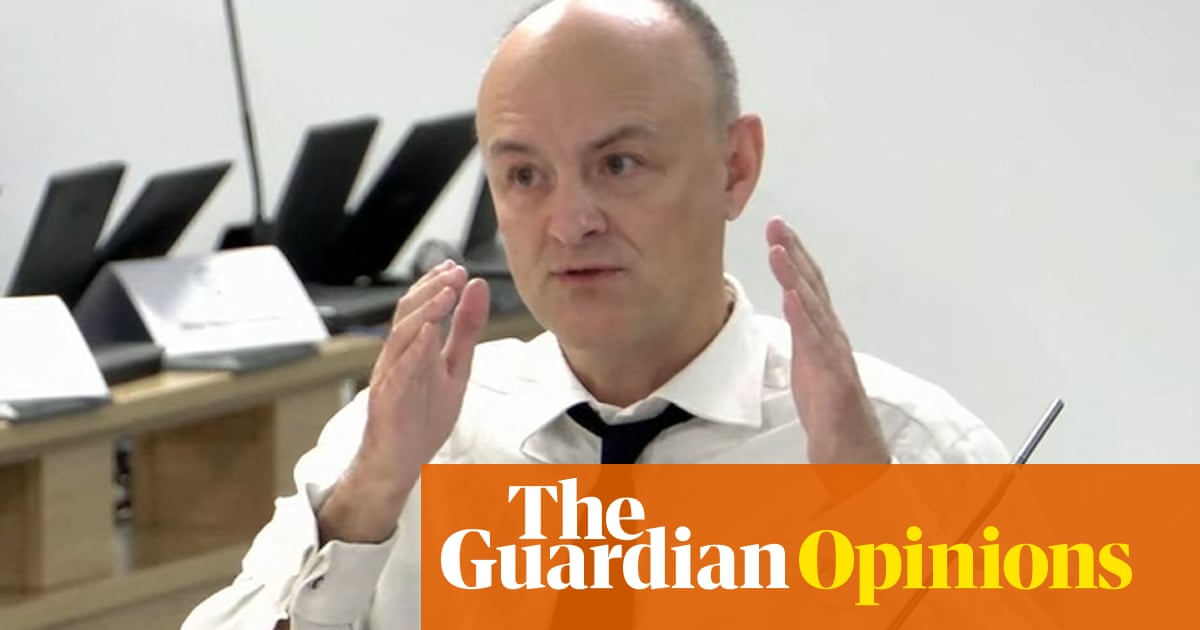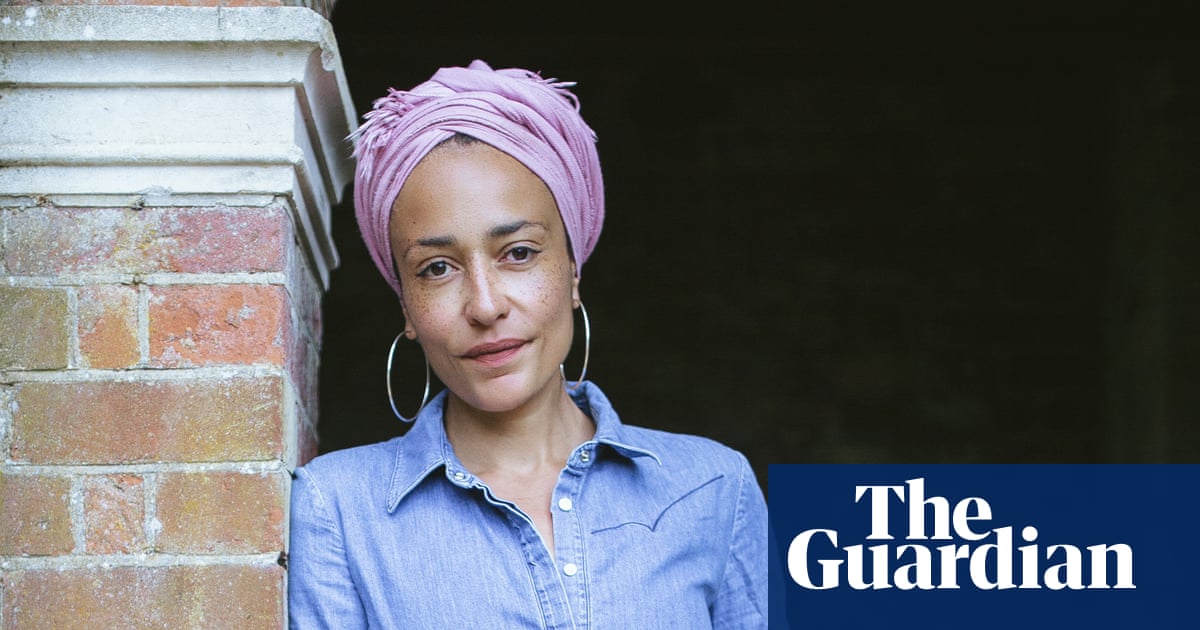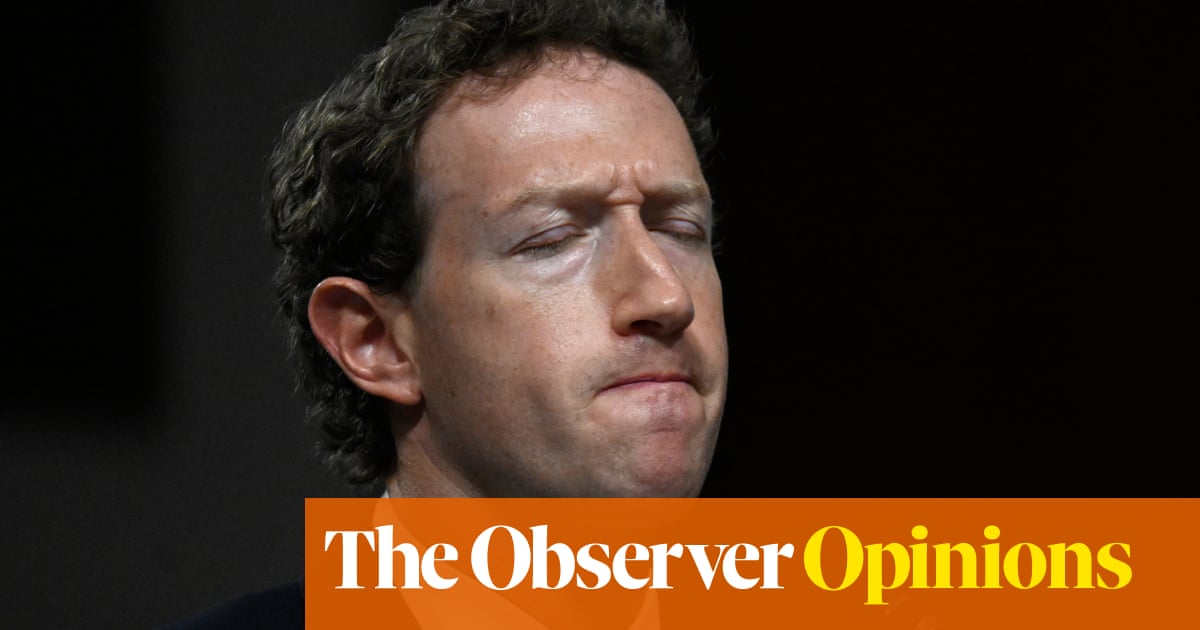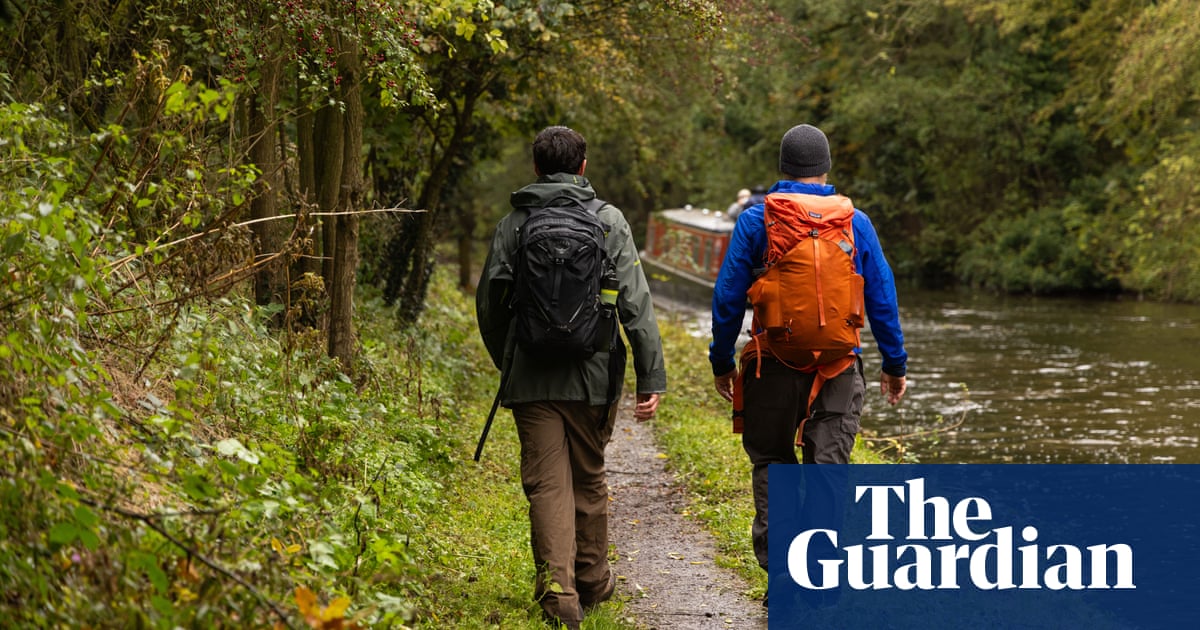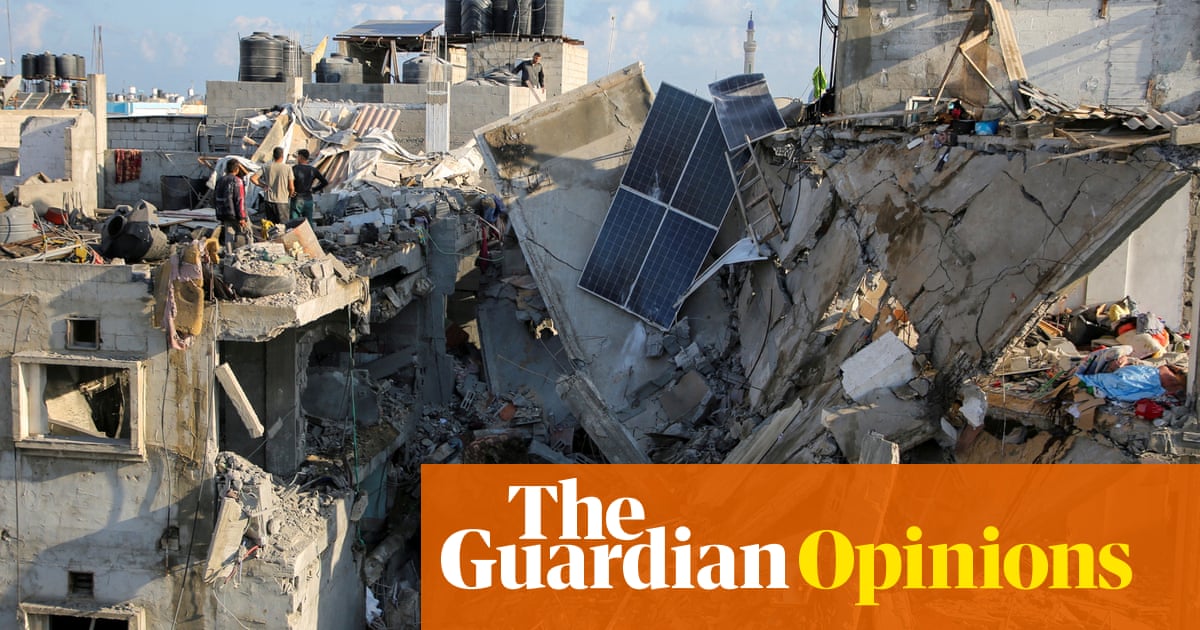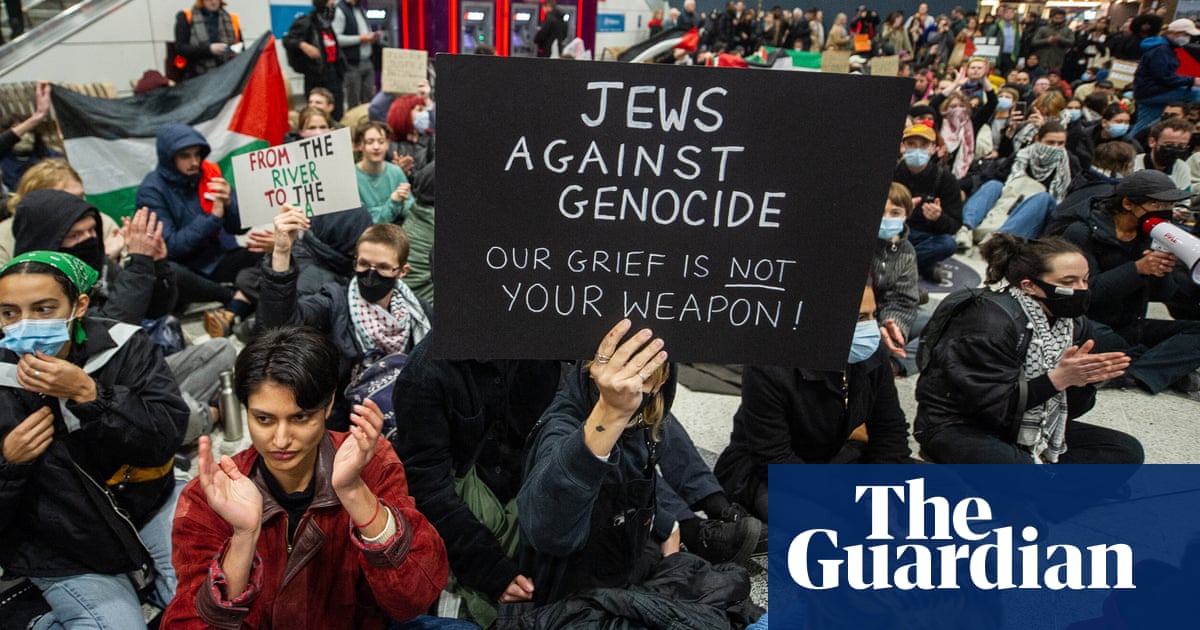
Acouncil’s most important job is not emptying the bins or filling in potholes, the stuff most people see day to day. It has by far and away one of the most important jobs anyone could have: to be a parent. Local authorities, between them, have parental responsibility for more than 100,000 children in care in the UK. These are some of society’s most vulnerable children, removed from their parents’ care because they have experienced or are at risk of abuse and neglect. Anybody disinclined to take that responsibility seriously should come nowhere near elected office or senior management at a local council.
How, then, did Lambeth council in south London get itself into a position where members and senior managers, at best, looked the other way while children in its care were subject to the most depraved sexual, physical and emotional abuse and, at worst, were complicit? The report of the independent inquiry into child sexual abuse (IICSA) into Lambeth, published last week, sets out the horrific scale and nature of what went on over several decades from the 1960s. More than 705 former residents of Lambeth children’s homes have come forward with complaints of sexual abuse; the inquiry says the true scale will be significantly higher.
What was experienced by these children, supposedly taken from their families for their own protection, is unspeakable. Children were photographed as they were raped by “carers”. At one home, children aged under five, too young to know what was happening, were subject to routine sexual abuse. Children lay in bed at night hearing the screams of other children, knowing that on another night it would be them. When one child was found dead in a bathroom, the council did not inform the coroner that he had been a victim of sexual abuse, but claimed there was no indication he had been unhappy in the run up to his death.
The inquiry is scathing about the way in which the Labour-run council enabled this abuse. It found council members and officers employed adults who they knew posed a risk to children, including a convicted child-sex offender who was allowed to investigate complaints of sexual abuse and failed to investigate employees suspected of child sexual abuse. Lambeth council threw open the doors of one children’s home to any volunteer expressing an interest in spending time with children, without running any checks – a “potential licence for child sexual abuse”, the report said. It also ran inadequate checks on foster carers, placing children in the homes of abusers and paedophiles with no monitoring in place.
How could this have been allowed to happen? The inquiry criticises the police and the regulators but its most excoriating fire is focused on Lambeth’s political and administrative leadership. The report finds councillors were focusing on internal political disputes and going into battle with Thatcher’s government to an extent that distracted them entirely from their responsibilities to children: children in care were just “pawns in a toxic power game”.
Councillors claimed to be committed to progressive politics, to equality and to anti-racism, yet bullying, racism and sexism were rife and, worst of all, they did nothing to address the disgusting racism the large numbers of black children in care faced from white staff. Trade unions in Lambeth prioritised their members’ interests over child welfare. Endemic fraud and financial corruption compromised any investigations into child abuse. There was a “determined and inexplicable loyalty to a known sex offender”, regardless of the risk to children. Councillors simply ignored the warnings of a whistleblower who repeatedly raised concerns about the “very dangerous” situation facing children. The inquiry’s damning conclusion is that “those who ran the council for the most part simply did not care enough to prioritise the protection of children”.
What happened in Lambeth is a stain on our collective conscience but it is far from unique. Islington, Rochdale and Nottingham are three other councils that have been racked by revelations about abuse in their children’s homes. Many more councils have failed to keep children in their care safe from grooming gangs of child abusers: Rotherham, Telford, Bradford, Oxford, Derby, Newcastle. The BBC, the Catholic church and professional football clubs are also among the national institutions that have offered cover to child abusers.
Without adequate safeguards, institutional abuse will always happen: all it takes is power structures that give perpetrators access to potential victims with no checks or accountability and the tiny minority of men who abuse children will find their way to them. No institution is immune.
But cases of abuse in Labour-run councils, the church and charities such as Oxfam highlight that organisations filled with those who regard themselves as being on a higher moral plane need to be particularly wary of infiltration by abusers. People who feel inclined to pat themselves on the back for being on the side of the angels can be no less blind to horrors unfolding on their own patch and their creed offers abusers an easy way to signal virtue and evade accountability. He can’t be raping children: he’s a man of god. Those children aren’t telling the truth: he’s anti-Thatcher. He couldn’t be sexually exploiting children: he’s devoted his life to charity.
Those 1980s Lambeth councillors who, the inquiry found, prioritised their war on Margaret Thatcher to the exclusion of monitoring standards in the children’s homes they were accountable for may claim it is unfair for so much blame to be pinned on them. They didn’t really know what was going on, did they? However, for their modern-day equivalents, who put abstract creed before material reality, Lambeth should serve as the ultimate warning. Opposing the right politician, donning a vestment or working for a charity: none of this gets you off the hook for not being vigilant over the safeguarding of children.
Sonia Sodha is an Observer columnist






